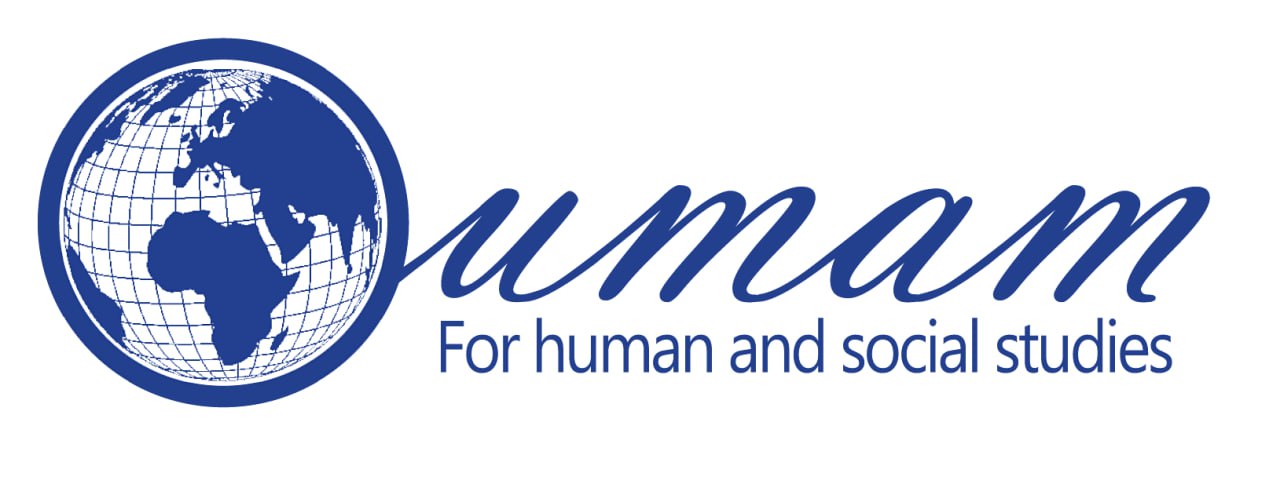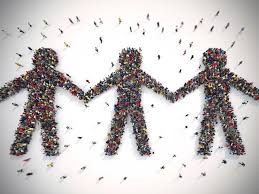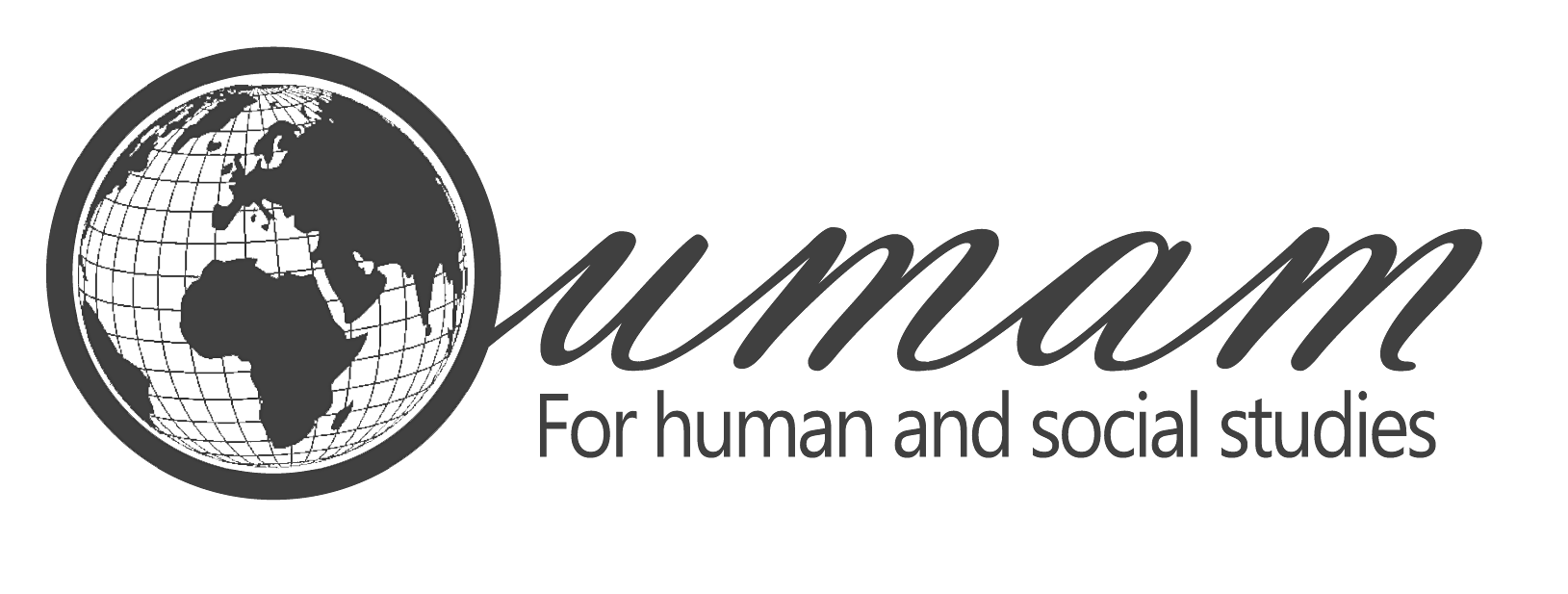This research examines the impact of some NGOs' ties to donor countries' programs and "foreign agendas" in shaping the "dark" perspective that has generally defined analyses of NGOs' roles in implementing covert programs, with specific mechanisms aimed at infiltrating targeted communities, whether intentionally or unintentionally. The research explores how cultural advantages play a role in shaping this perspective and whether NGOs are seen as part of the authentic fabric of society, or as instruments of soft power serving foreign interests, potentially even hindering real change.
With the rapid development of globalization, the roles of "dark" organizations become more pronounced, and their influence as "agents" is enhanced. The research analyzes the October 2019 protests in Lebanon as a case study for examining the political exploitation of NGOs in targeting the resistance movement and its political representative in the Lebanese Parliament, Hezbollah, comparing the effectiveness of these NGOs in the context of post-battle "Auli al-Bass."




Comments